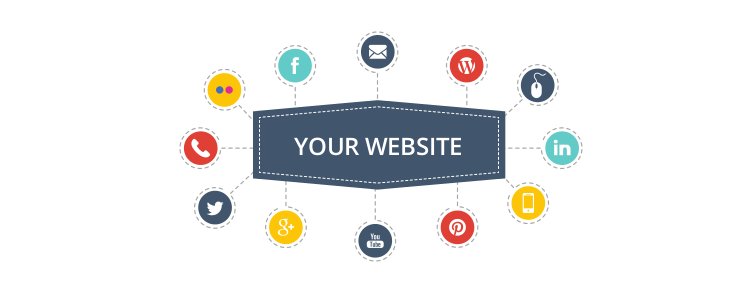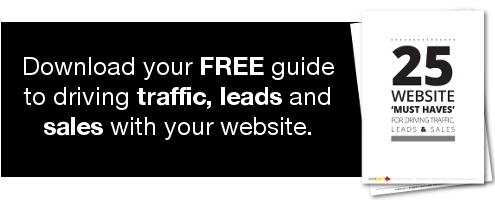Your website, is it your marketing hub?

The ways in which companies work digitally can greatly differ. Whilst some benefit from an online store or booking system, others such as professional services and design studios will use their website as a means of sharing details that could later result in a sale. Whatever the case, and no matter which industry you work in or how big or small your staff force may be, your website should be the hub for all of your marketing activity.
Few businesses use websites to their full potential. Even with those that have made sure that the design and copy are top quality, contact details are easy to find and the site itself is built to the latest SEO standards, including mobile optimisation, the content can often be lacking. There might be a blog that’s updated weekly, which is great, and chances are you have social media icons, but there’s so much more that can be done.
When someone lands on your website, they want to find everything they could ever need. At the same time, they don’t want to be bombarded with vast amounts of information, as they’ll leave without having digested any of it. A balance can be achieved through clearly labelled pages and areas, with each one making use of suitable activity, content and integration. Examples include:
- Images, graphs, diagrams and infographics
- Blog posts and news articles
- Press releases for syndication
- How-to guides, white papers and ebooks
- Case studies, testimonials and reports
- Email subscription sign-up form
- Videos, ranging from the bite-sized to tutorials
- Social media integration
- Webinars and events
So let’s say you have an area on your site that gives information about an upcoming event that you’ve organised. Obviously you’d say when and where it’s taking place and how to book, but you could also include images of keynote speakers, videos of previous events, a downloadable programme, and a hashtag so that everyone can join the conversation on social media. It would be worth adding an email sign-up form too, as anyone wanting to attend an event will surely want to receive updates. A Google map will help people from out of town, and if the venue has a 360-degree virtual tour you could embed it onto the site to give a feel for space and layout.
Or maybe you’re the director of an accountancy firm or work in a similar sector. If this is the case, downloadable branded resources on a range of topics will be very useful for the visitor, whilst a blog could provide a visual mix of company updates, new services, CSR activity and “meet the team” interviews.
When you think about it, it really is common sense. Give your online visitors as much as you can in as many formats as possible, combing the in-depth (white papers, ebooks) with the immediate (videos, social media feeds). Encourage them to share your content by making it engaging, valuable, unique and evergreen, in that it will prove as relevant in a year’s time as it does the day it’s published. Throughout all of this, make sure that your company’s voice and values are consistent and accessible, helping people to become advocates of the brand.
Is your website converting visitors into leads and sales? Get in touch with us today for a FREE website audit and we’ll show you how to create an effective marketing hub.
